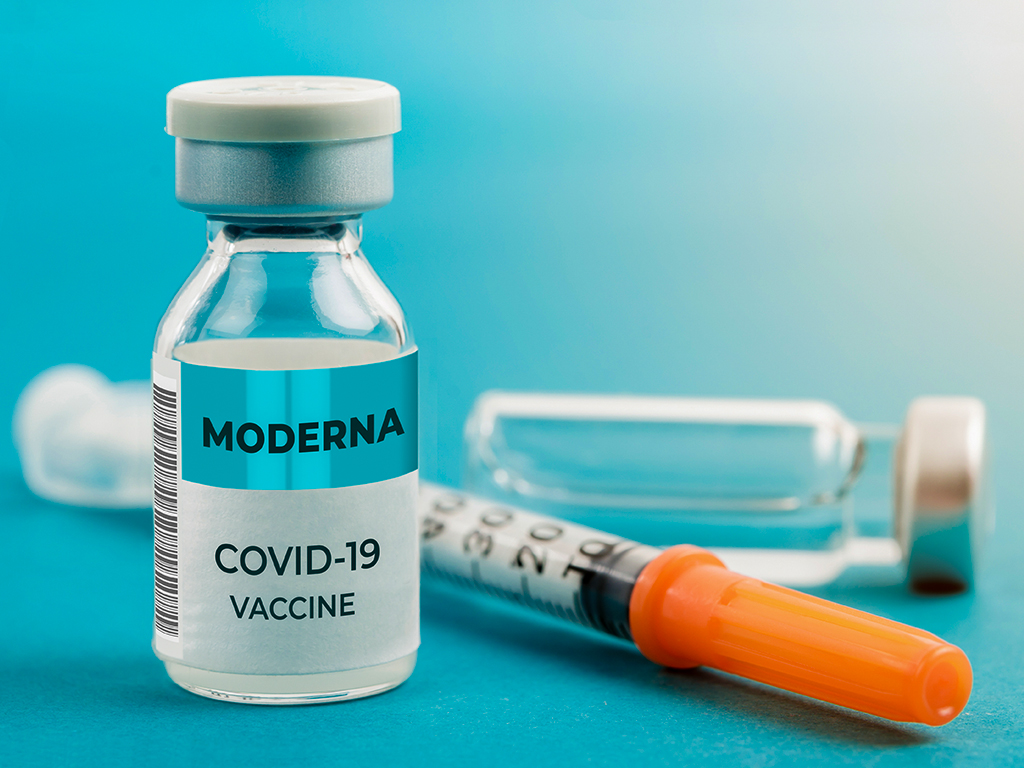With the world still reeling from the COVID-19 pandemic, a glimmer of hope has sparked optimism in many people. The development of vaccines has occurred at record speed, creating the potential for protection from the virus. This is especially important for those who face a higher risk for complications and severe cases of COVID-19.
Due to the rapidity with which the vaccines have been developed, there is a tremendous burden on those making them—in this case, Moderna—to provide evidence of the vaccine’s efficacy and safety. Because of the time constraints, research in this regard has been quite limited. However, a study was recently conducted to test those two vital factors—efficacy and safety—among high-risk individuals.
The Study
Across the United States, 99 centers participated in this trial. Overall, 30,420 volunteers with high COVID-19 risk were enrolled and randomly assigned to two groups—one to receive a placebo, the other to receive the vaccine. Both groups were to be injected with either the vaccine or placebo twice, with the second injection occurring 28 days after the first.
The study was evaluating a primary endpoint of COVID-19 prevention at least two weeks after the follow-up injection. This endpoint only applied to those who had not had COVID-19 at any point prior.
Findings
Among those receiving both injections and without evidence of COVID-19 at baseline, the placebo and vaccine groups experienced symptomatic COVID-19 at differing rates.
Overall, the placebo group saw 185 participants develop symptomatic COVID-19, while the vaccine group saw only 11 participants become ill. For more perspective, this means that 56.6 people in the placebo group and 11 in the vaccine group developed symptomatic COVID-19 per 1000 person-years.
The only severe COVID-19 cases—30 in total—occurred in the placebo group.
What it Means
The data heavily favors the vaccine group in terms of the measured outcome—prevention of COVID-19. In other words, this study shows that the vaccine is, in fact, effective in its intended use.
Overall, a 94.1% efficacy was observed. This includes overall prevention of COVID-19 and severe cases of the illness. Further, no safety concerns were observed or identified, meaning that the use of this effective vaccine is likely safe for the demographics included in the study.
More extensive testing is needed to provide more context and evaluate the efficacy and safety of the vaccine in relation to demographics not included in the study. However, the results are more than promising.

